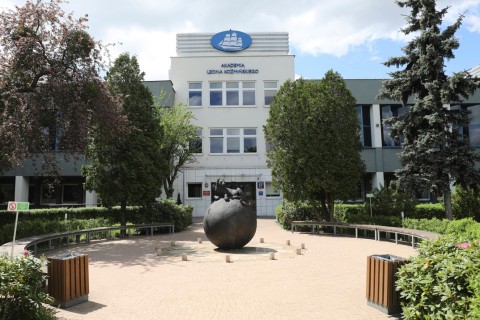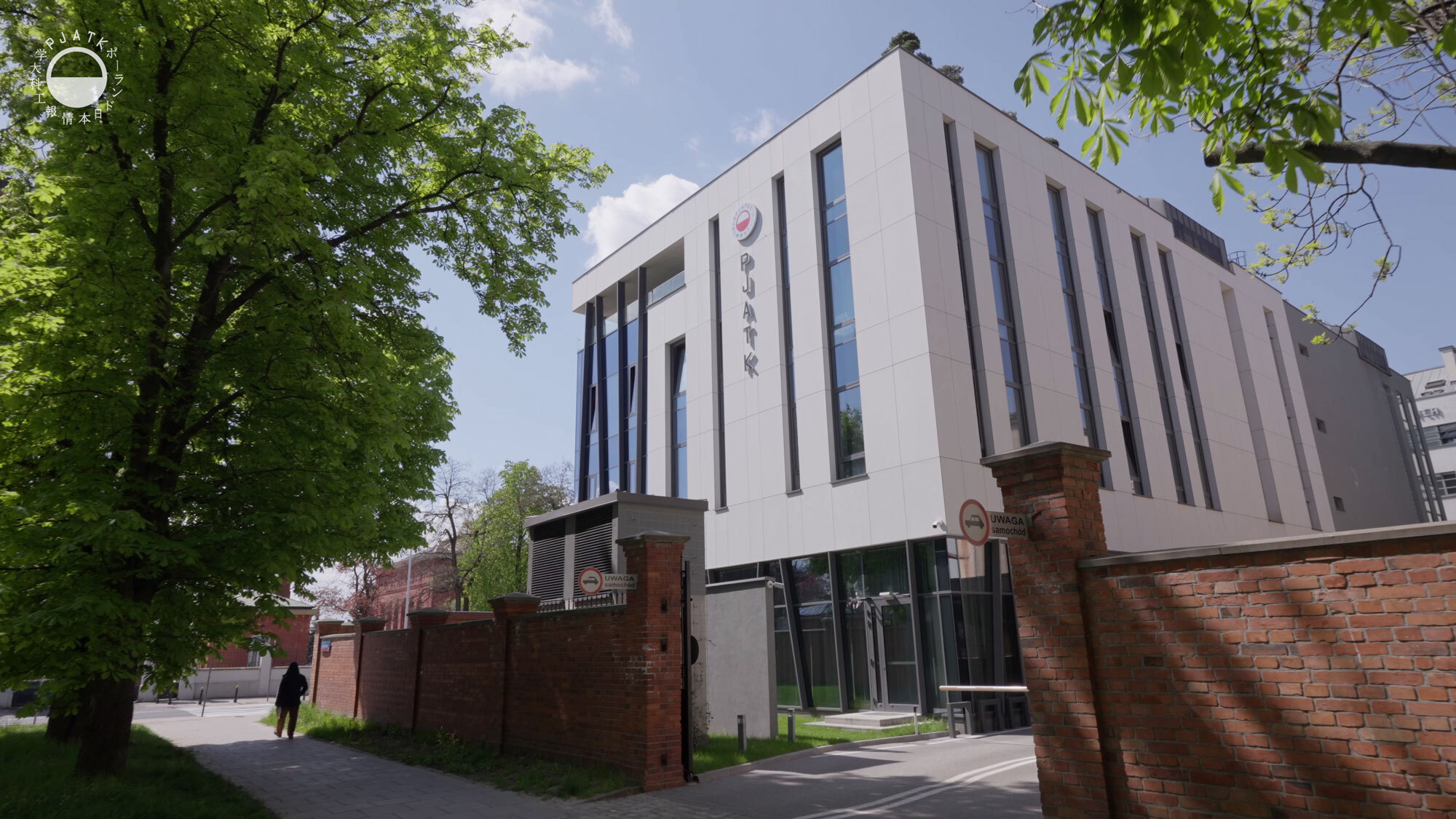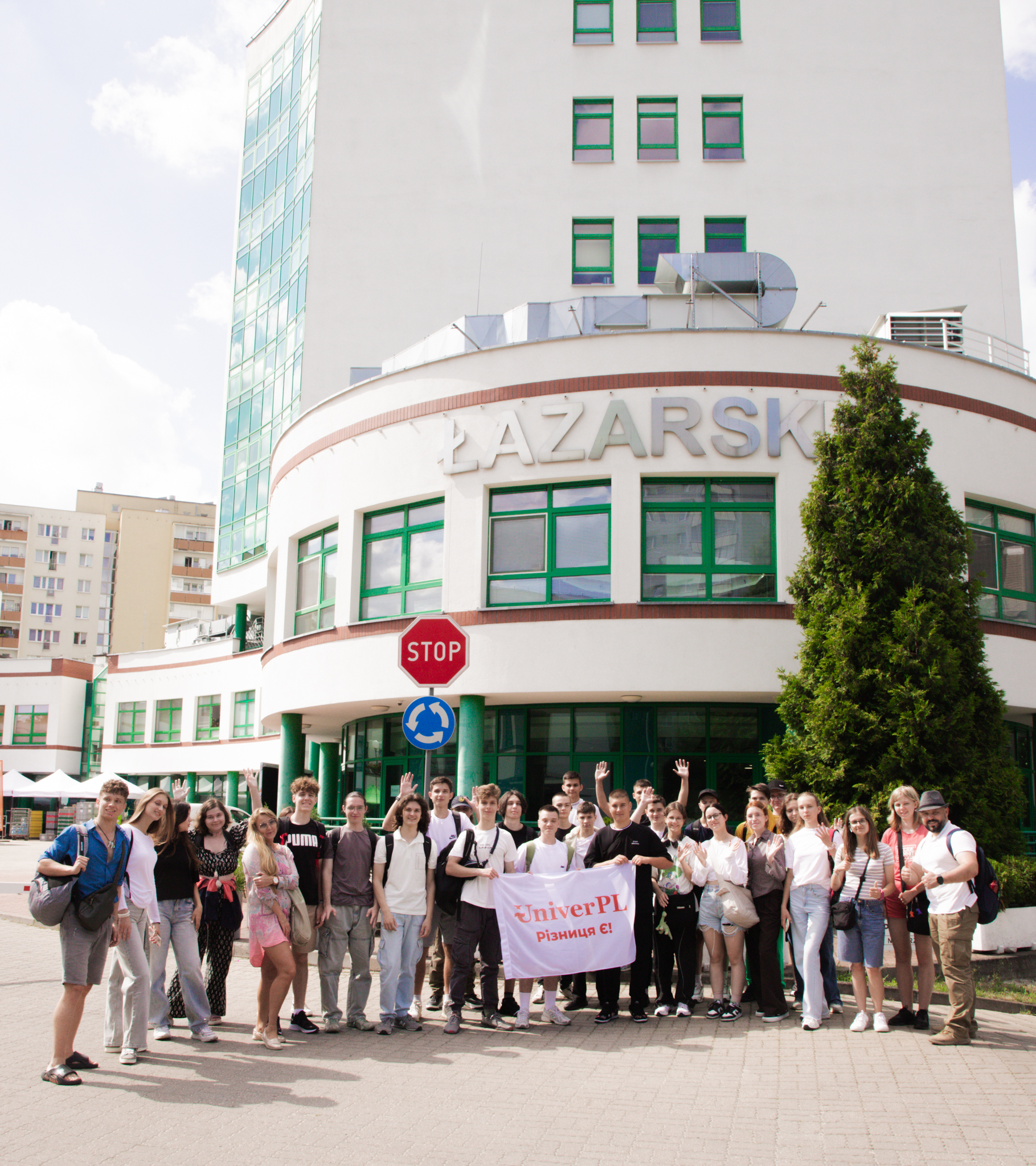Home » Blog » Education in Poland » What Is the Bologna Process and Why It Matters to Students

What Is the Bologna Process and Why It Matters to Students
Planning to study in Europe? Then you’ve likely come across the term Bologna System. But what is it, and why does it matter for international students like you?
The Bologna System is a framework that brings consistency, transparency, and quality to higher education across Europe. Adopted by over 40 countries — including Poland — it helps students from different countries pursue recognized degrees, transfer between universities, and build careers across borders.
Whether you’re aiming for a bachelor’s, master’s, or PhD in Poland, understanding the Bologna System can help you make informed decisions and unlock international opportunities. In this article, we’ll explain what the Bologna Process is, how it works, and why it makes studying in Poland a smart move for your future.
What Is the Bologna Process?
The Bologna Process is a series of ministerial meetings and agreements between European countries to ensure comparability in the standards and quality of higher-education qualifications. The process has created the European Higher Education Area under the Lisbon Recognition Convention. It is named after the University of Bologna, where the Bologna Declaration was signed by education ministers from 29 European countries in 1999. As of 2022, there are 49 countries participating in the Bologna Process.
Signatories of the Bologna Accord, members of the European Higher Education Area, are:
1999: Austria, Belgium (the Flemish Community and French Community of Belgium separately), Bulgaria, the Czech Republic, Denmark, Estonia, Finland, France, Germany, Greece, Hungary, Iceland, Ireland, Italy, Latvia, Lithuania, Luxembourg, Malta, Netherlands, Norway, Poland, Portugal, Romania, Slovakia, Slovenia, Spain, Sweden, Switzerland, and the United Kingdom.
2001: Croatia, Cyprus, Liechtenstein, Turkey, European Commission;
2003: Albania, Andorra, Bosnia and Herzegovina, North Macedonia, Russia, Serbia, Vatican;
2005: Armenia, Azerbaijan, Georgia, Moldova, Ukraine;
2007: Montenegro;
2010: Kazakhstan;
2015: Belarus.
All member states of the EU are participating in the process, with the European Commission also a signatory.
Qualifications framework
The basic framework is three cycles of higher-education qualifications. The framework adopted by the ministers at their meeting in Bergen in 2005 defines the qualifications in terms of learning outcomes, which are statements of what students know and can do on completing their degrees. In describing the cycles, the framework uses the European Credit Transfer and Accumulation System (ECTS):
First cycle: typically 180–240 ECTS credits (a minimum of 60 credits per academic year), usually awarding a bachelor’s degree.
Second cycle: typically 60–120 ECTS credits (a minimum of 60 credits per academic year), usually awarding a master’s degree.
Third cycle (doctoral degree): There is no concrete ECTS range, since the disciplines vary in length and comprehensiveness. However, some countries have minimum credit weight requirements on doctoral degrees. Those country-level requirements typically require 120–420 ECTS of study.
In most cases, it would take three to four years to earn a bachelor’s degree and another one or two years for a master’s degree. Doctoral degrees usually require another two to four years of specialization, primarily individual research under a mentor. Degree names may vary by country. One academic year normally corresponds to 60 ECTS credits, equivalent to 1,500–1,800 hours of study.
Key Provisions of the Bologna Process
The goal of the Bologna Process is to establish a European Higher Education Area (EHEA) and to enhance the competitiveness and global attractiveness of the European system of higher education.
The declaration outlines six key objectives:
- Introduction of a system of comparable degrees, including through the implementation of a Diploma Supplement, to improve employability across Europe and increase the international competitiveness of European higher education.
- Adoption of a two-cycle system of study: undergraduate (first cycle) and graduate (second cycle). The first cycle should last at least three years. The second cycle should lead to the degree of Master or Doctor.
- Implementation of a credit system, such as the European Credit Transfer and Accumulation System (ECTS), to support large-scale student mobility. This system also allows students to choose their own learning paths. ECTS is intended to serve as both a transfer and accumulation system, compatible with the concept of lifelong learning.
- Promotion of student and staff mobility (as a continuation of the previous two points), including recognition of time spent studying or working in other European institutions. This includes setting standards for transnational education.
- Promotion of European cooperation in quality assurance, with a view to developing comparable criteria and methodologies.
- Promotion of the European dimension in higher education, particularly with regard to curriculum development, inter-institutional cooperation, mobility schemes, joint academic programs, practical training, and scientific research.
Why is the Bologna Process important?
Under the Bologna Process, European governments engage in discussions regarding higher education policy reforms and strive to overcome obstacles to create a European Higher Education Area. Bologna reform is key to building the necessary trust for successful learning mobility, cross-border academic cooperation, and the mutual recognition of study periods and qualifications earned abroad. Enhancing the quality and relevance of learning and teaching is also a core mission of the Bologna Process. Implementation of these reforms is, however, uneven across the 49 participating countries.
The Bologna Process also provides a forum for dialogue with neighboring countries regarding higher education reforms and questions related to shared academic principles, such as the independence of universities and the participation of students in civil society activities. It has become an important space for soft diplomacy with neighborin countries in the Western Balkans and Eastern Partnership countries, for example, Turkey, as well as many other countries.
Why the Bologna System Matters for International Students?
The Bologna System makes studying in Europe more accessible, transparent, and internationally recognized — which is especially important for students coming from abroad.
Thanks to the Bologna Process, degrees across participating countries follow a standardized structure (Bachelor’s – Master’s – Doctorate) and use the same credit system (ECTS), making it easier for international students to transfer between universities, have their qualifications recognized, and plan their academic journey more efficiently.
It also promotes quality assurance, student rights, and academic mobility — giving international students the opportunity to study in multiple countries, benefit from joint programs, and gain experience in diverse educational systems.
Most importantly, the Bologna System ensures that a degree earned at a university in one European country is officially recognized in all other EU countries. This gives international students the freedom to continue their studies, work, or build a career anywhere across Europe.
The Bologna System has transformed higher education in Europe — making it more unified, flexible, and student-centered. For international students, it opens the door to recognized degrees, academic mobility, and career opportunities across the entire European Union.
If you’re considering studying in Poland or anywhere in the EU, the Bologna System ensures your education will meet international standards and your diploma will be valued across borders.
Take the first step toward a globally recognized future — explore your study options with UniverPL and see how the Bologna System can work for you.
Similar articles
Other chapters
Apply now
We will select the field of study, educational institution, and explain the admission process in detail for you. Free consultation.
We respond as quickly as possible!










